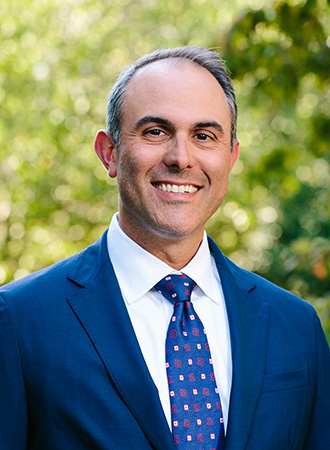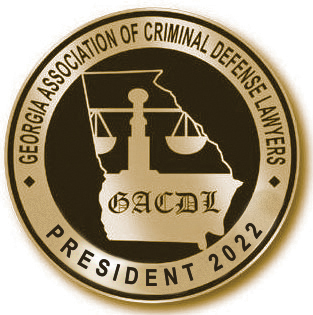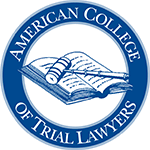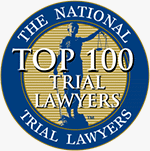Jason B. Sheffield – Criminal Defense Notable Cases:
Appellate

Summaries of charges, defenses, and outcomes for clients prosecuted in counties throughout Georgia and the Southeast.
Appellate Reversals
John Doe v. The Warden (Habeas Corpus)
Defense Counsel:
Charges: Child Molestation; Exploitation
Prosecution's Case:
The accused was the band director at middle school. The accused communicated with the alleged victim her via text messages, asked naked photographs, and asked to her to meet him at the middle school over winter break. When she did, the accused blocked the door to the band storage room and then sexually assaulted her, having her perform oral sex and by placing his penis on her vagina. The accused was convicted at trial and given 50 years to serve 40 years in prison. His motion for new trial and direct appeal were denied.
Defense and Outcome:
Mr. Sheffield focused on the central issues in the accused's case: the alleged victim did not have credibility and that she made-up the allegations to get back at the accused; that her mother, counselor, and friend coerced her into agreeing that something had happened between her and the accused when she first said nothing happened at all; that her favorite novel, which had an inappropriate sex scene, served as the source of the false allegation and not that something actually ocurred; and that trial counsel never rebutted testimony of the state’s unqualified officer witness about how the cell tower data “located” the accused at the middle school where the alleged victim said the sexual assault occurred.
At the habeas hearing, Mr. Sheffield presented the testimony of lay witnesses and three expert witnesses. Two of the experts about how the alleged victim was influenced improperly; how the forensic interview did not account for that improper influence; and how, as a teenager, she was motivated to lie to keep herself out of trouble. Mr. Sheffield also offered the testimony of his own cell tower forensic expert who testified that the cell tower data, as presented by the state at trial, was misleading and outright false. The cell forensic expert testified the cell tower data should never have been used to “locate” the accused at the school, and the cell tower data equally supported that the accused was at his home just a few miles away.
Conviction reversed.









